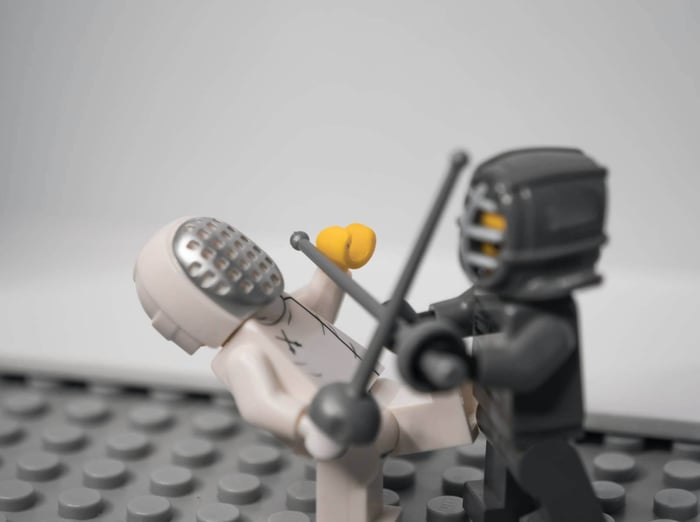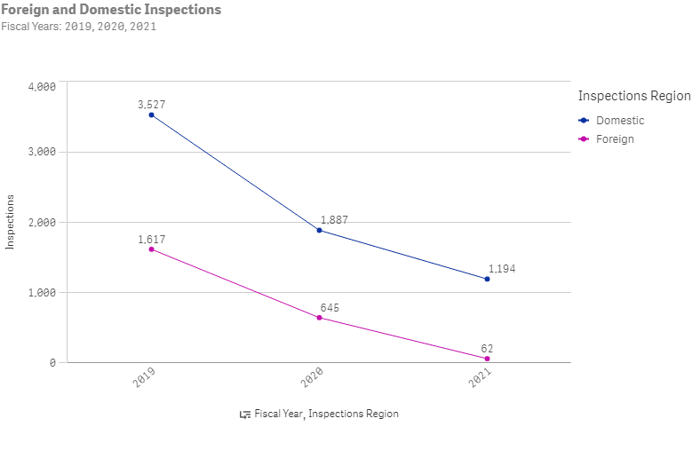- The mock auditor asks “bald on-record” questions, without politeness markers; interviewees practice answering calmly.
- The mock auditor misunderstands a response; interviewees practice correcting him or her, with politeness markers.
- The mock auditor asks a point-blank question about a gap that the team has identified; interviewees practice responding factually without anticipating a finding or making defensive statements about the course of action.
- The mock auditor points out a legitimate deviation; the interviewees respond by saying “Thank you for the feedback.”
- The mock auditor points out a deviation based on a bogus interpretation of a regulation; the interviewees practice objecting politely to the interpretation and then moving on when the auditor will not be swayed.
- The mock auditor raises their voice; interviewees practice lowering theirs in response.
Ready Room Blog

In Your Face! Dealing with a Rude Auditor or Inspector
Listen to article
Audio generated by DropInBlog's Blog Voice AI™ may have slight pronunciation nuances. Learn more
In the first blog post in this series, we introduced the concept of positive face (the desire to be well-respected), negative face (the desire to control one’s own actions), and how an audit or inspection naturally “threatens” those desires. In the second post, we showed how auditees can threaten the auditor’s positive or negative face by being evasive, anticipating findings before they were stated, stonewalling, arguing technicalities, and badgering the auditor. In this post, we’ll learn some techniques for dealing with auditors who are not polite.
Before the audit, it is helpful for you to think about your own “face” and what might threaten it. What is the worst that could happen to you, personally, as a result of your performance during this audit? For some people, embarrassment and self-disappointment are dire consequences. Others might be concerned that their manager will blame them for audit or inspection findings. It helps to put these worst-case scenarios into context and be conscious of what might cause us to lose face.
Handling face-threatening acts with composure takes practice. As you practice interviewing and become more confident answering standard questions, work up to coaching sessions where the practice interviewer throws some curve balls. Some useful exercises:
Proven inspection management for the life Sciences industry
Biotech, pharmaceutical, medical device, CMOs, CROs, and laboratories big and small are getting ready with Ready Room.


